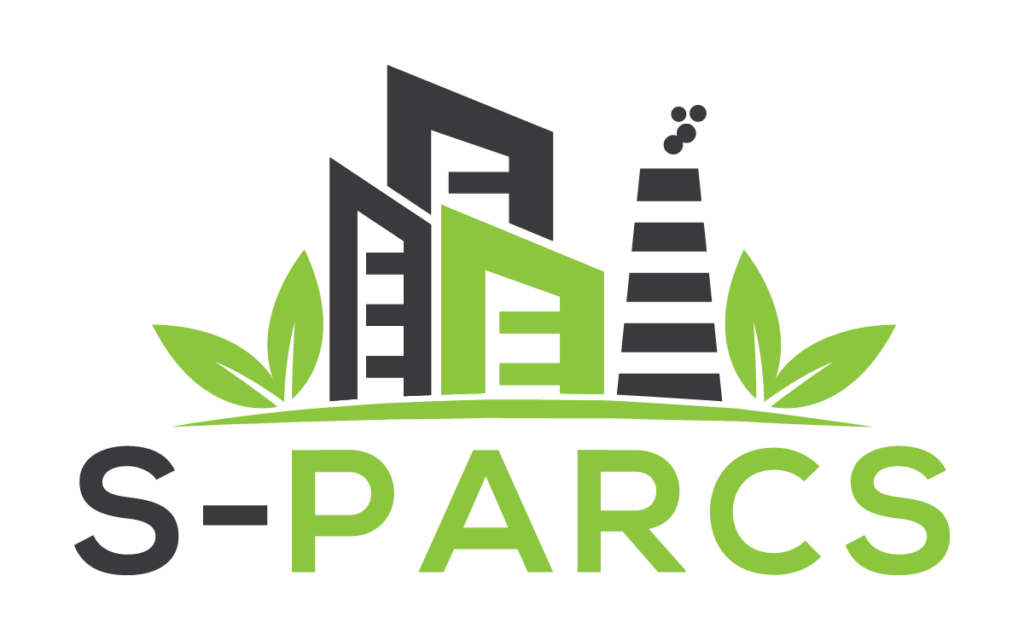The smart and sustainable energy projects EMB3RS, INCUBIS, R-ACES, SO WHAT and S-PARCS, are organizing a joint webinar: Waste heat recovery and energy cooperation in European Industries, to be held on November 18. These four sister initiatives, funded under the European Union’s Horizon 2020 research and innovation programme, will present their work on industrial WH/C recovery, the tools they are developing to empower it, and potential synergies between industrial parks and the surrounding community.
The aim of the webinar Waste heat recovery and energy cooperation in European Industries is to explore different solutions to enhance a smart and sustainable energy use in industrial contexts, as well as WH/C recovery and reutilization, to find synergies between the work the different projects are carrying out, and to raise awareness among stakeholders on the new tools under development. Likewise, the webinar will include time for discussion and questions from the audience. Participants will leave with a deeper understanding of how to optimize energy use and recovery in industrial environments.
Heating and cooling are the largest sources of energy demand in Europe and, at the moment, they are mainly covered by fossil fuels, while low carbon energy sources like waste heat and cold recovery and renewable energy sources remain marginal. Nevertheless, current studies showed that, in the European Union (EU), the amount of heat wasted by industries in the form of hot water or flue gases would be sufficient to cover the entire EU’s heating needs. This would foster the EU’s decarbonisation while reducing its dependence on fossil fuels.
To achieve this, several projects are developing technologies and software tools to facilitate waste heat and cold recovery, as well as the integration of cooling and heating demand with renewable energy sources.
EMB3Rs (User-driven Energy-Matching & Business Prospection Tool for Industrial Excess Heat / Cold Reduction, Recovery and Redistribution) is investigating the potential of recycling industrial excess heat and cold and designing a platform that explores how energy – normally wasted by releasing it into the environment – could be reused as a valuable source for other industrial processes, district heating and cooling or further purposes.
INCUBIS (An Energy Symbiosis Incubator for Maximizing Energy Efficiency in Industrial Parks and Districts) will develop a set of tools and support services to help key stakeholders in Industrial Parks and Districts in the development and implementation of Energy Symbiosis projects. Energy Symbiosis involves the use of the excess heat/cold produced by one or more industries, to provide heating, cooling or electricity for other industries or buildings. The concept can also be extended to the production of sustainable energy by using waste materials (e.g. biomass) as fuel. Energy Symbiosis projects are complex multi-stakeholder activities facing long lead times, high transaction costs, and a range of technical, financial and legal uncertainties before securing an investment. Nonetheless, they can lead to energy efficiency improvements, CO2 and cost reductions, new revenue, jobs and local investments.
R-ACES (acronym for fRamework for Actual Cooperation on Energy on Sites and Parks) is supporting industrial clusters and business parks in becoming ecoregions that reduce their CO2 emissions by at least 10%. To achieve this, ecoregions are created where multiple stakeholders engage in energy cooperation by exchanging heat/cold streams, investing together in renewable energy solutions, or managing energy streams through smart energy management platforms. R-ACES is further drawing on and combining the knowledge and experience gathered throughout H2020 into a set of three specific tools embedded in selected support actions: an assessment tool, legal decision support for joint contracts, and the smart energy management platform for clusters.
SO WHAT (acronym for Supporting new Opportunities for Waste Heat And cold valorisation Towards EU Decarbonization) is developing an integrated software to identify and simulate how industrial WH/C could cost-effectively balance with the local community’s forecasted energy demand, and how this could be integrated with renewable energy systems. The tool, designed to support different stakeholders in auditing and mapping their energy processes, will assess the impact of energy processes on both a technical and non-technical level and help to reduce the cost of energy audits. This will be validated by 11 demonstration sites that will test the software in real operating conditions in industrial facilities.
S-PARCS presents a sound concept for reducing energy costs and energy consumption in industrial parks, while, at the same time, increasing renewable on-site energy production. It aims at moving from a single-company energy efficient intervention approach to cooperative energy efficient solutions, enabling higher energy savings and the subsequent increase of competitiveness of the companies located in the parks. S-PARCS will systematically analyse technical, economic, regulatory, legal, organisational, environmental and social barriers to energy- efficient park design and operation on all levels and will provide innovative, market-ready solutions to overcome them.
For more information, contact:
Ana Martínez
So What Project Communications Manager




